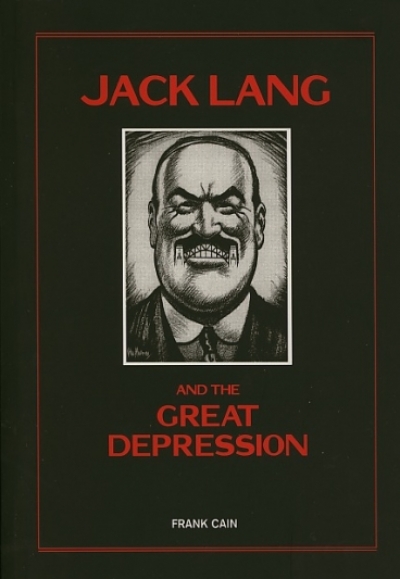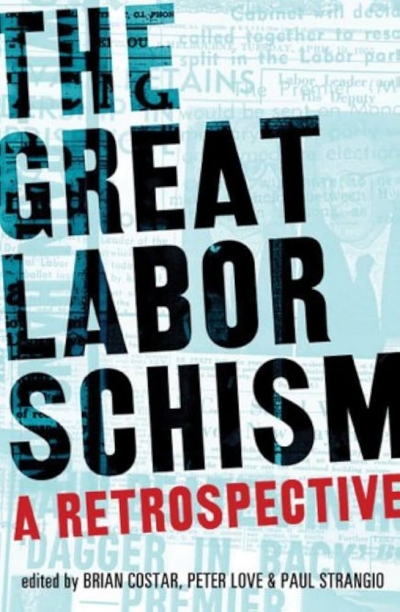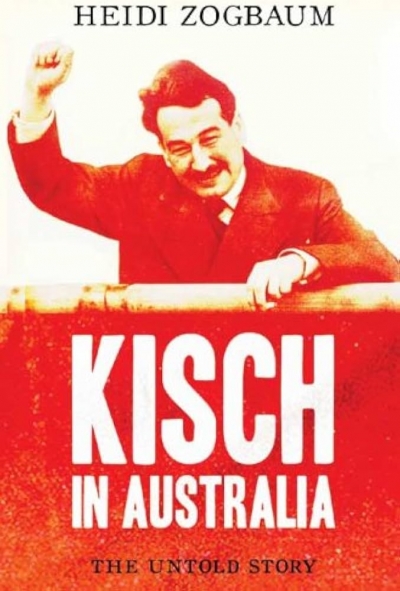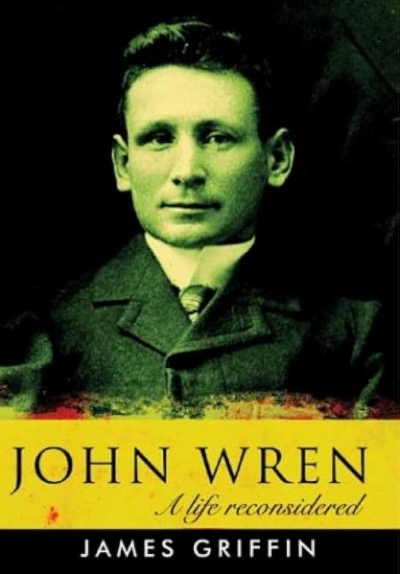An unfamiliar character from a strange land is barred from setting foot on mainland Australia. Desperate to land, he leaps from ship to shore, breaking his right leg in the process. A conservative attorney-general desperate to protect our borders, pursues this man, now on crutches, through the courts. The charismatic stranger wins his court case and holds the government up to ridicule. Shadowed unrelentingly by Canberra’s spooks, he urges Australians to look past their government’s pronouncements and discover for themselves the real dangers to world peace. Whilst history, even in Marx’s cycles of tragedy and farce, never neatly repeats itself, these duels between Egon Kisch, Czech communist, and Robert Menzies, Anglophile attorney-general, do have contemporary import. No doubt this explains why Kisch’s adventures in 1930s Australia have been told several times through film, theatre and books. In this new and enjoyable recasting of the drama, Heidi Zogbaum reminds us of the bare bones of Kisch’s Australian sojourn, focusing for the most part on his successful courtroom battles and European background. These are interspersed with detailed summaries from spies such as ‘Snuffbox’, charged with dredging up the evidence on Kisch’s European activities that led to his eventual deportation.
...
(read more)





